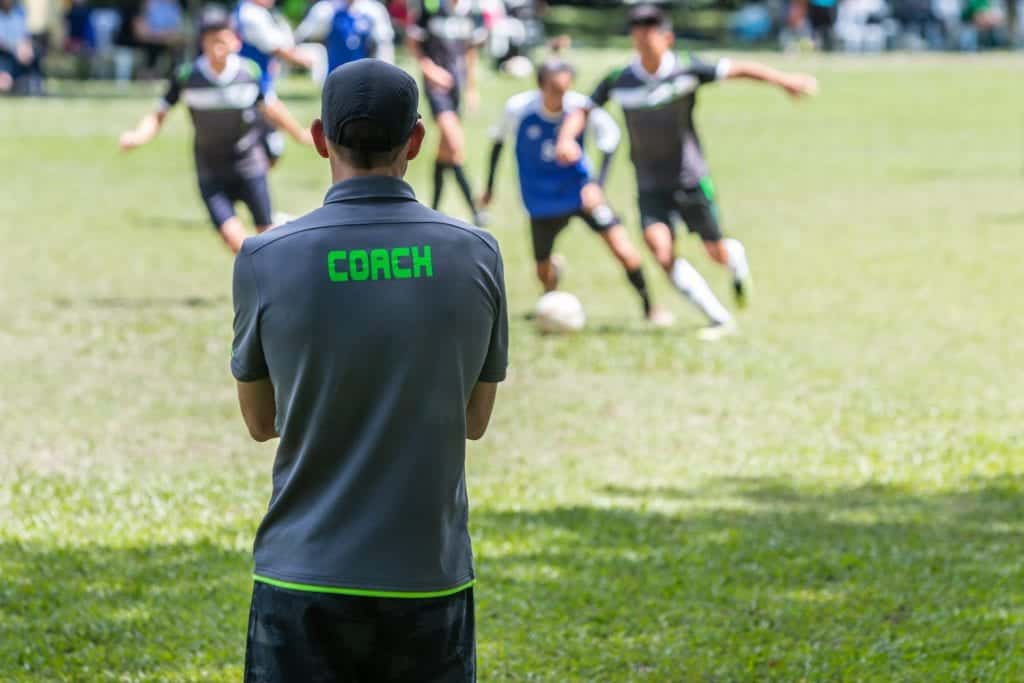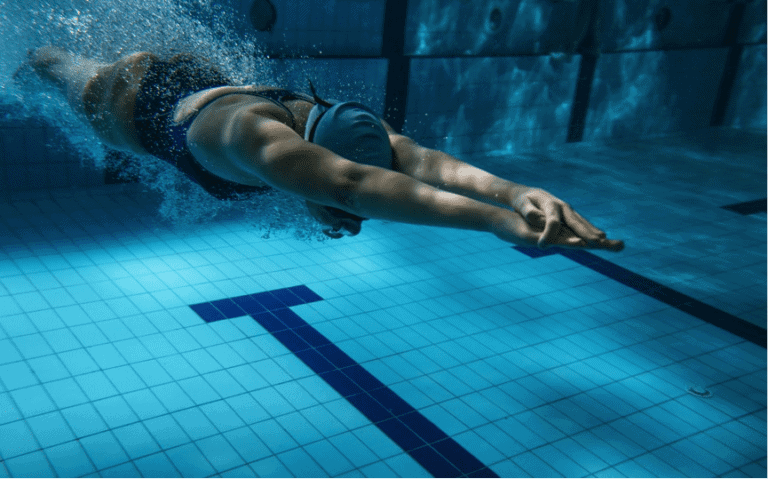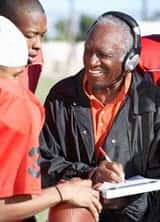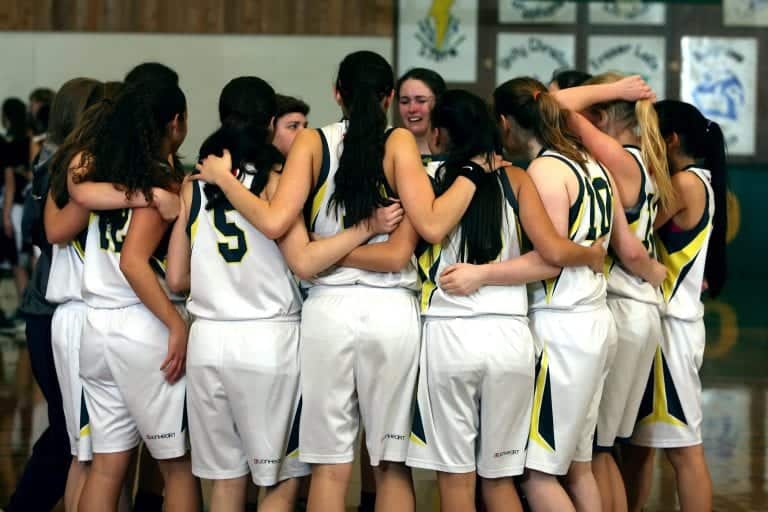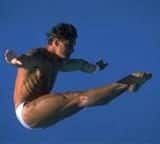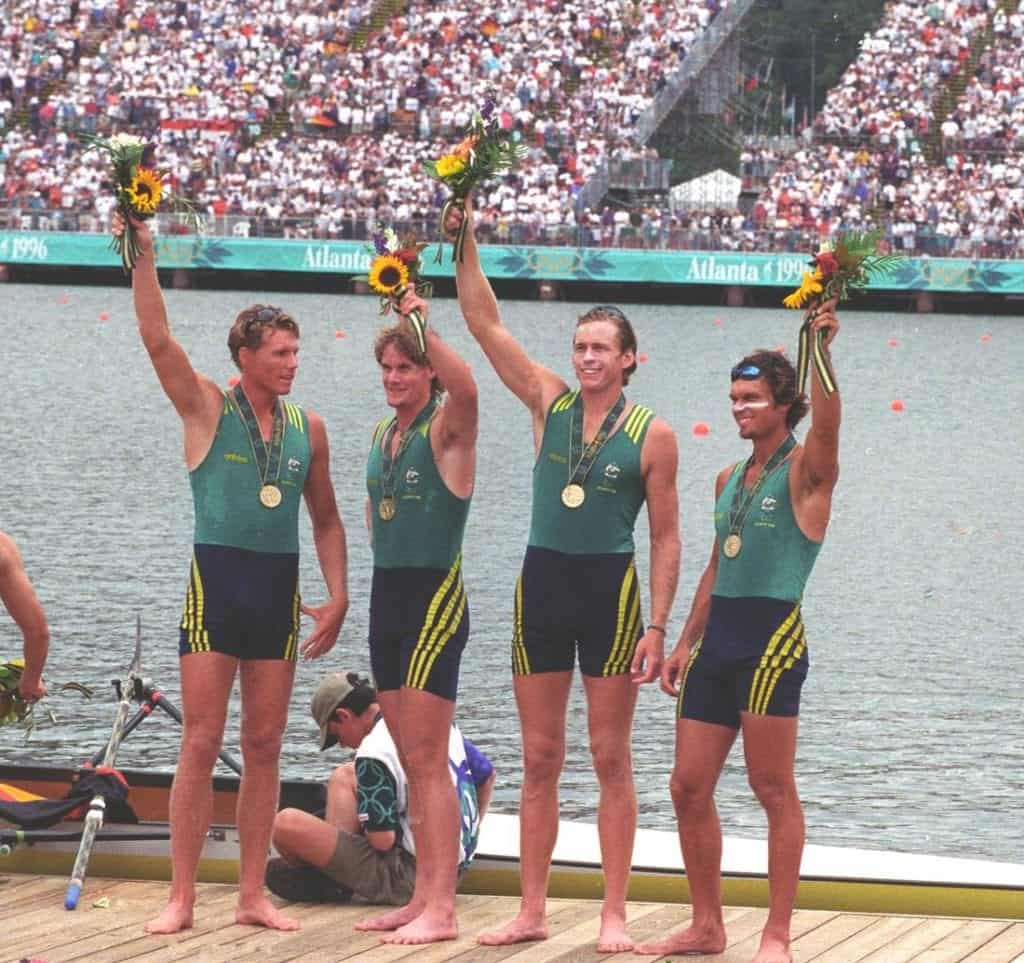My belief, is sport is a medium to teach lessons to our athletes (particularly the young ones). Lessons about life. These lessons learnt in sport can and should be transferred to other areas of our lives so we can all become more effective and meaningful contributors to society. Sport can expand on the quality of the lessons. So the role of the coach is to help their athletes learn these lessons about life. Each coach may teach a slightly different lesson. We do not all have to teach the same lessons, just as long as our athletes are learning.
Watch Bo Hanson speak about the critical role of the coach in sport
For coaches to be successful in sport, I believe they have to build emotional bonds with their athletes. There is a significant amount of research about the importance of an effective Coach Athlete Relationship. Effective relationships are underpinned with trust and respect. Trust and respect develop over time, particularly trust (we have a great article on how to build trust with your athletes through behavioral predictability).
Creating this relationship means coaches need to truly understand their athletes. What makes them tick? When an athlete feels as though you are trying to learn more about them, they feel valued. What happens when you feel valued? When I feel valued I want to contribute more. It is the same for all of us. It is a fact; people who feel valued give their best more often. They are engaged and contribute more discretionary effort.
A Coach's Role is Critical
How we make our athletes feel valued is by understanding them, their strengths, limitations, motivations and other needs. Not every athlete is the same and so every athlete needs to be coached in a way which is suitable for them. Our business helps coaches unlock each athlete’s unique coaching code. We also help coaches understand what style of coach they are.
Before any coach can understand their athletes they first need to understand themselves. We all have our unique personality which impacts the predominant way we coach. When coaches understand how they coach they are in a position to coach in different ways. Remember it is possible each of your athletes requires a different coaching style. Every coach has the ability to adopt a different style if they choose.
So in this short article, I want to encourage you to really appreciate the critical nature of your coaching role. Sport is not about sport. It is about life and the skills required to make meaningful contributions to society. Also, I hope you build wonderful relationships with your athletes, especially the young ones. They deserve wonderful coaches. I had a coach at school that inspired me to compete in my first Olympics. What are you inspiring your athletes to achieve in their lives? Finally, take time to truly understand your athletes and their unique needs and if you can, coach them in a way they require. If you need help with this, please contact Athlete Assessments for assistance. This is what we do.
Where to from here?
The sporting arena is one of the most demanding and competitive environments. To be the best, you need the best resources and to prioritize your most important asset, people. Athlete Assessments specializes in helping you, your team and your clients realize their full potential through the use of our sport specific DISC Profiling.
We have worked with more than 15,000 individuals in sports organizations including coaches, athletes, and sports administrators. Find out why the top universities, national and professional teams, and leading sports organizations rely on Athlete Assessments to get ahead and stay ahead. We’re here to provide you with excellence in service and to help you be your best. If there is anything we can do to contribute to your success, please contact us.
Recommended Articles
As we all know, our personality impacts our behavior and as such has a direct impact on our coaching style. However, unlike personality, which is relatively stable, a coach’s style is a preferred pattern of behavior and as such it can be changed or adapted depending on the situation. Most of all though, a coach’s style can be changed or adapted if they are aware of their style preference and what style will give them the results they need.
Video Presentation by Bo Hanson, 4x Olympian and Coaching ConsultantIn this video clip, Bo talks about coaching athletes on their sporting behaviors. Behavior is observable and it is what people do. Certain behaviors create certain results. …
Athlete Engagement is a critical concept for all sports coaches to understand. 'Engagement' is a borrowed term from the business world. There, it is a measurement of the degree to which an employee’s heart and mind is committed to their role, leader and company. It is so important in business because engagement has a direct and significant link to profitability. Research shows engaged individuals deliver an additional 30% in discretionary effort compared to disengaged individuals.
By Bo Hanson - 4x Olympian, Coaching Consultant & Director of Athlete AssessmentsA critical element in creating a more positive relationship with your athletes is the concept of behavioral predictability. Essentially this is about behaving in…
When we find research we think is valuable, we do our best to pass it on to you! This research centers around the findings of the Athlete Development Division of the United States Olympic Committee in 2000, when they asked Olympians to list the five factors they believed contributed the most to their success. It also asked the Olympians to list the five most significant obstacles they had to overcome in order to achieve success in their sport. Three of the factors were identified as both a success factor and an obstacle.


